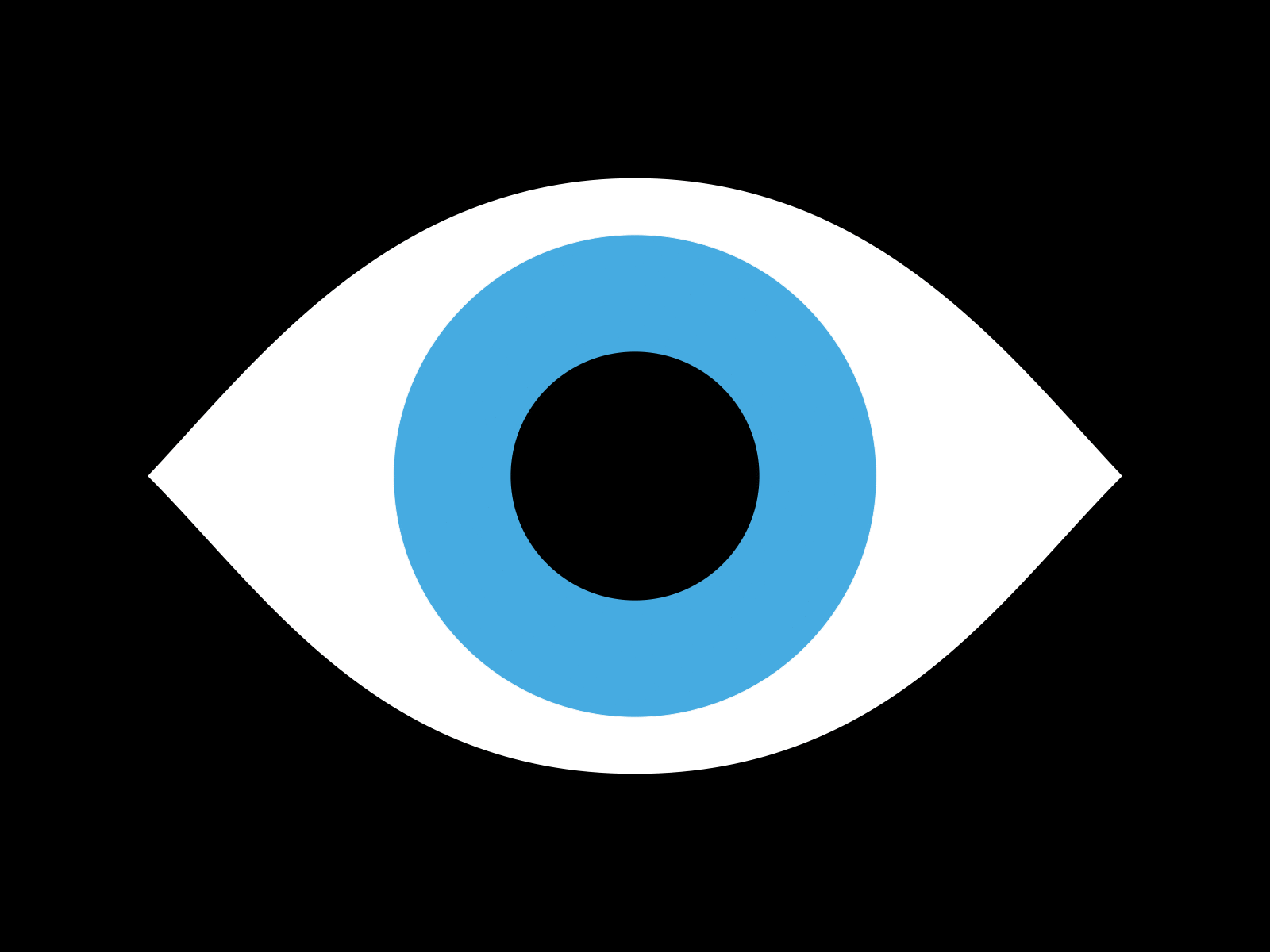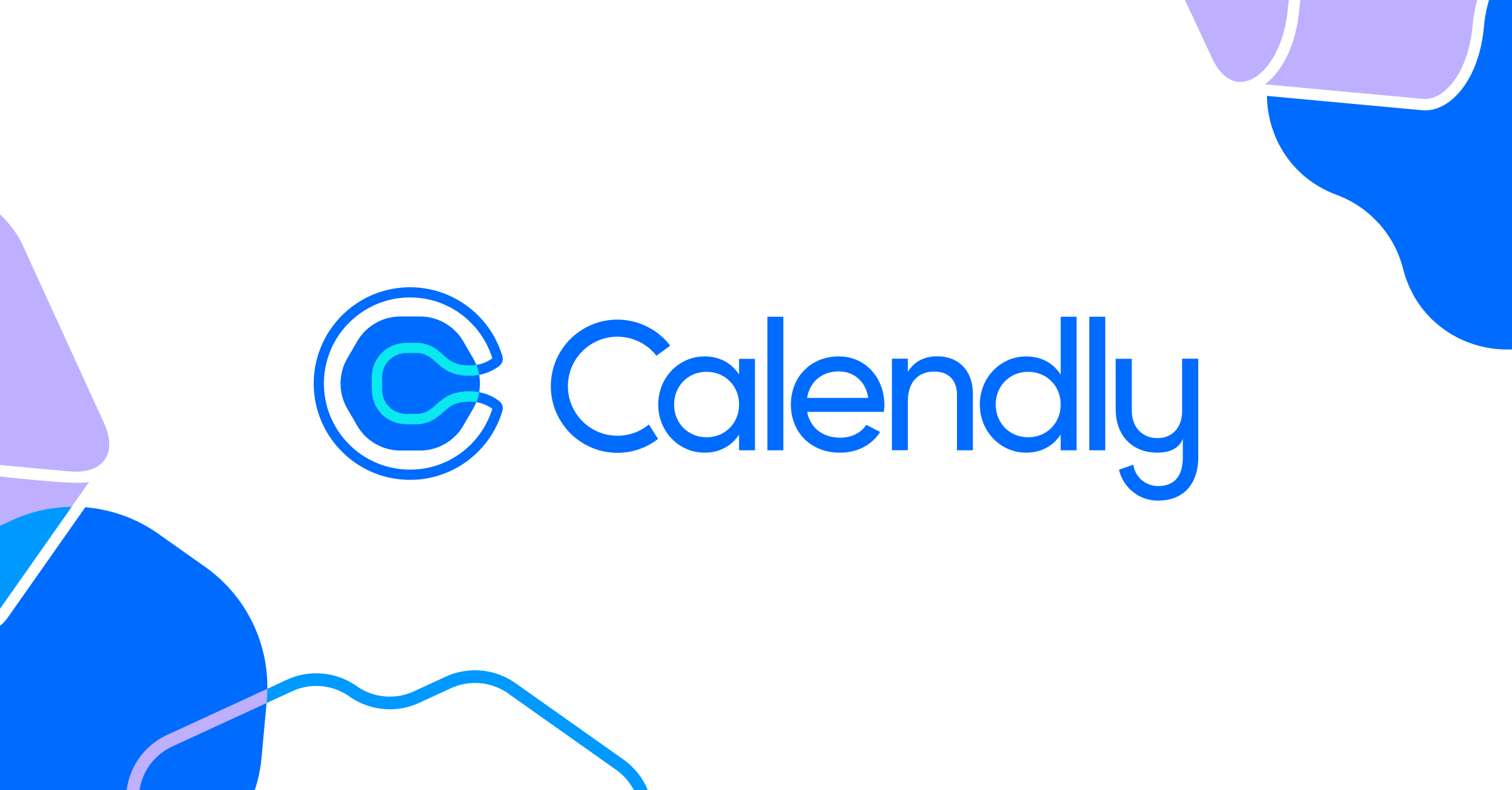(Recent analyses have noted Calendly’s shift toward competing with other scheduling tools, reflecting a response to market maturity. However, this approach misses a larger opportunity… Please see Anthony’s post first.)
Why Calendly’s 2024 Positioning Shift Misses the Bigger Opportunity
In 2024, Calendly made its first major positioning shift in eight years. For nearly a decade, the company positioned itself as the antidote to back-and-forth emails. Now, it has chosen to compete directly against other scheduling tools like Chili Piper and Doodle.
At first glance, this shift seems logical. The market has matured, competitors have emerged, and enterprise clients now compare scheduling tools rather than email chains. But while this move might align with conventional wisdom, it reveals a fundamental misunderstanding of positioning—and more importantly, what it could be.
And it’s the ‘Peloton’ mistake.
As Calendly’s CEO Tope Awotona said, “In my life, I’ve benefited from not taking the conventional wisdom. It’s benefited me personally, and I think it has benefited the business.” This quote perfectly frames what’s at stake. Calendly’s move to follow the market’s narrative reflects conventional thinking, but the real opportunity lies in redefining the narrative entirely.
Positioning: The Power of Owning Mental Territory
Positioning is not about where you sit in a market—it’s about what you own in the minds of your audience. The strongest brands don’t compete within a category; they create concepts that make comparisons irrelevant.
Consider these examples:
- Volvo doesn’t just sell safe cars—it owns safety itself.
- Tesla doesn’t just sell electric vehicles—it owns the future of transportation.
- Red Bull doesn’t just sell energy drinks—it owns human potential.
Calendly has the potential to move beyond “scheduling tools” and own a larger, more transformative concept. As Tope has said, “Do things the way they should be done so they can turn out the way they should turn out.” The “way it should be done” is not fighting for share in a crowded category but elevating the brand to a space where it defines the rules.
The Missed Opportunity
Calendly’s 2024 shift reveals three critical mistakes:
- Playing Too Small
By focusing on the scheduling tools category, Calendly confines itself to incremental competition in a space that’s becoming commoditized. This is a classic example of playing the game others have already defined. - Focusing on Features Over Fundamentals
Scheduling tools are often reduced to functionality—automation, integrations, and interface simplicity. But true positioning transcends features and speaks to deeper human needs, such as professional respect, time optimization, and connection. - Following Instead of Leading
Rather than shaping a new market category, Calendly’s shift suggests a reactive response to competitors. As a company built on bold moves, this feels at odds with its DNA.
Tope himself has articulated a broader vision for Calendly: “We want Calendly to be much more than scheduling—we want to be the go-to platform for the entire meeting lifecycle.” Achieving this requires more than competing in the current scheduling tools category—it demands rethinking the category itself.
The Bigger Opportunity
Instead of competing, Calendly could own a transformative concept that redefines professional interactions. Here’s how:
1. Find and Own a Deeper Concept
At its core, scheduling is about more than logistics. It touches on fundamental human truths:
- Time Value: Meetings reflect how professionals prioritize and value time.
- Professional Respect: A well-scheduled meeting signals boundaries, importance, and courtesy.
- Human Connection: Meetings are relational, not just transactional.
Calendly has an opportunity to position itself as a champion of these deeper values, moving beyond “better scheduling.”
2. Redefine the Category
Rather than competing as a “scheduling tool,” Calendly can create a new category entirely. Some possibilities include:
- Make Time Work For You
- Take Back Your Time
- Bring People Closer Together
These categories emphasize transformation over tools, aligning with Tope’s goal of making Calendly essential for the entire meeting lifecycle.
3. Amplify Human Patterns
To make this shift, Calendly must recognize and amplify the patterns underlying professional interactions:
Pattern 1: Time Value
Scheduling isn’t just about setting a time; it’s about signaling how time is valued. Calendly could become synonymous with optimizing time for maximum productivity and respect.
Pattern 2: Power Dynamics
Meetings are also about professional respect and boundaries. Calendly could lead conversations on how respectful scheduling enhances collaboration and trust.
Pattern 3: Connection Quality
Great meetings are about more than efficiency; they’re about building relationships. Calendly could emphasize the importance of meeting quality, not just quantity.
Strategic Implementation
Concept Ownership
Calendly can align its messaging, product development, and customer experience around owning a fundamental idea like time optimization or professional respect. As Tope’s entrepreneurial approach shows, “I realized that to be successful, I needed to start a business in a more organic way.” This organic approach applies to positioning, too—growing naturally from an unshakable core concept.
Category Definition
Communicate a bold vision: “Calendly isn’t just a scheduling tool—it’s how professionals optimize their most valuable resource: time.” Educate the market on why this matters and inspire loyalty by leading the conversation.
Amplifying Patterns
Integrate features that support these deeper values, such as:
- Meeting quality analytics
- Sentiment tracking for professional interactions
- Features that enhance relational depth, not just efficiency
Metrics for Success
Traditional metrics like market share or feature parity are insufficient. Instead, focus on:
- Concept Penetration: How strongly is Calendly associated with its chosen concept?
- Category Leadership: Is Calendly seen as the definitive leader of a new category?
- Transformation Impact: How has Calendly changed the way professionals think about time and meetings?
Final Thoughts
Calendly’s current pivot reflects conventional thinking, but its future lies in bold moves. As Tope Awotona has demonstrated throughout his career, success comes from rejecting the status quo and charting a new path.
The opportunity isn’t to compete in the scheduling tools category. It’s to redefine professional interactions, own a transformative concept, and create a category that makes competitors irrelevant.
For any business, the lesson is clear:
- Don’t fight for market share—own mental territory.
- Don’t compete—lead.
- Don’t play the game better—change it entirely.
What concept could Calendly own? What patterns could it amplify? What category could it create? Answering these questions could unlock a future far greater than any scheduling tool ever imagined.
Go deeper in part 2.



Leave a Reply
You must be logged in to post a comment.